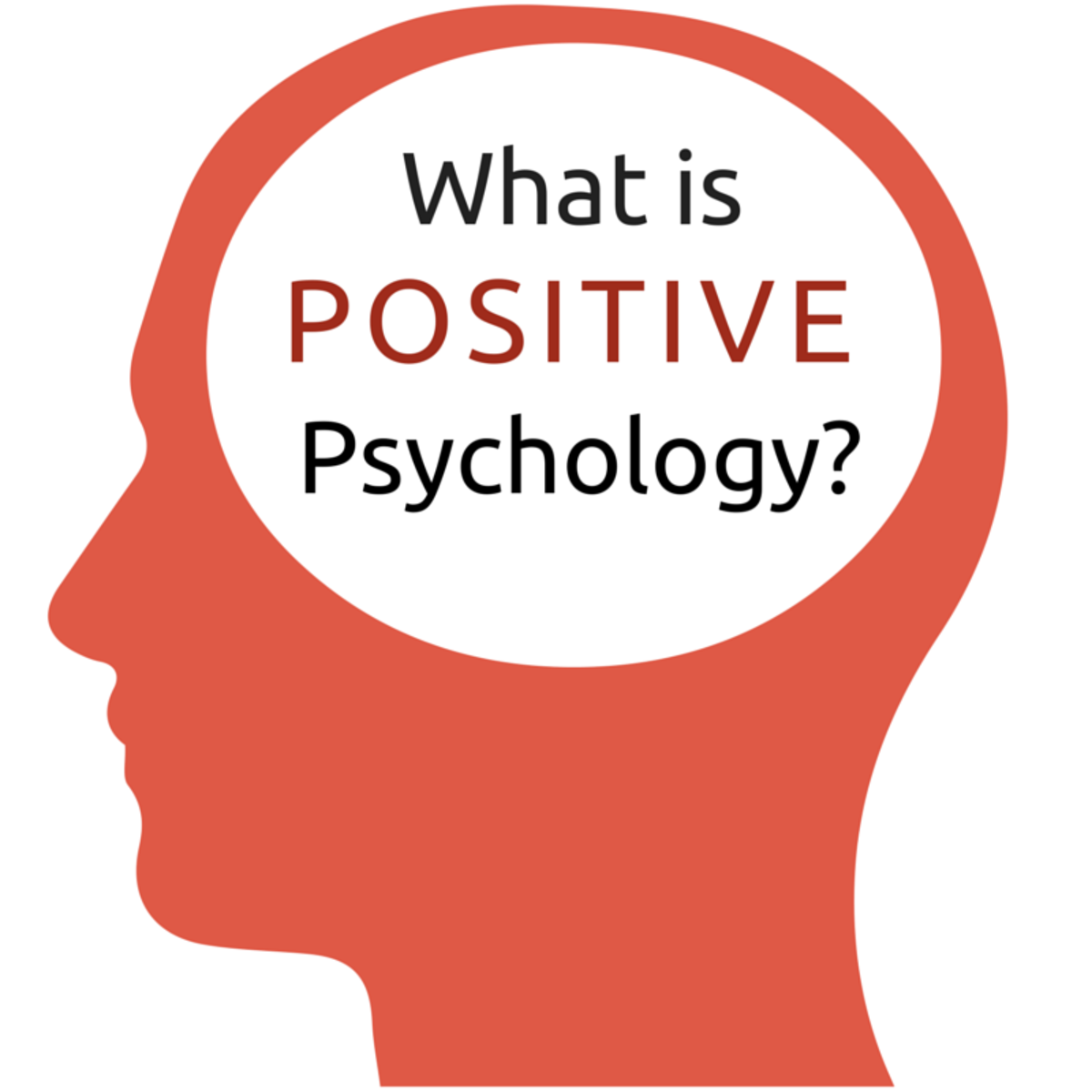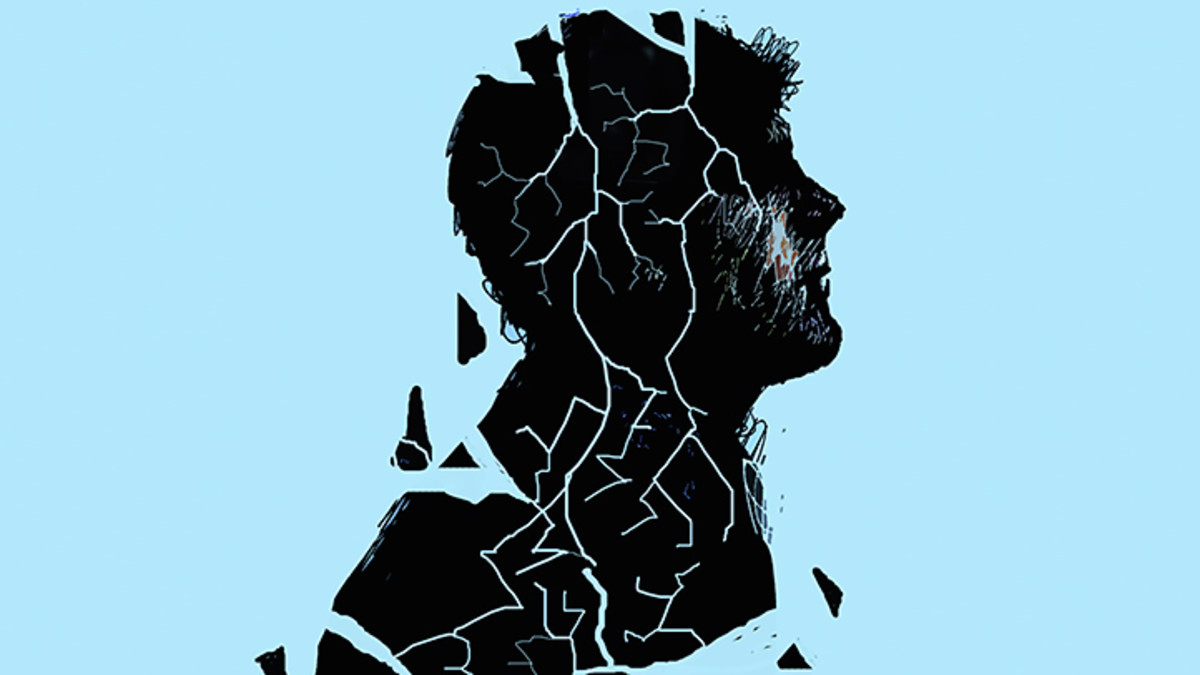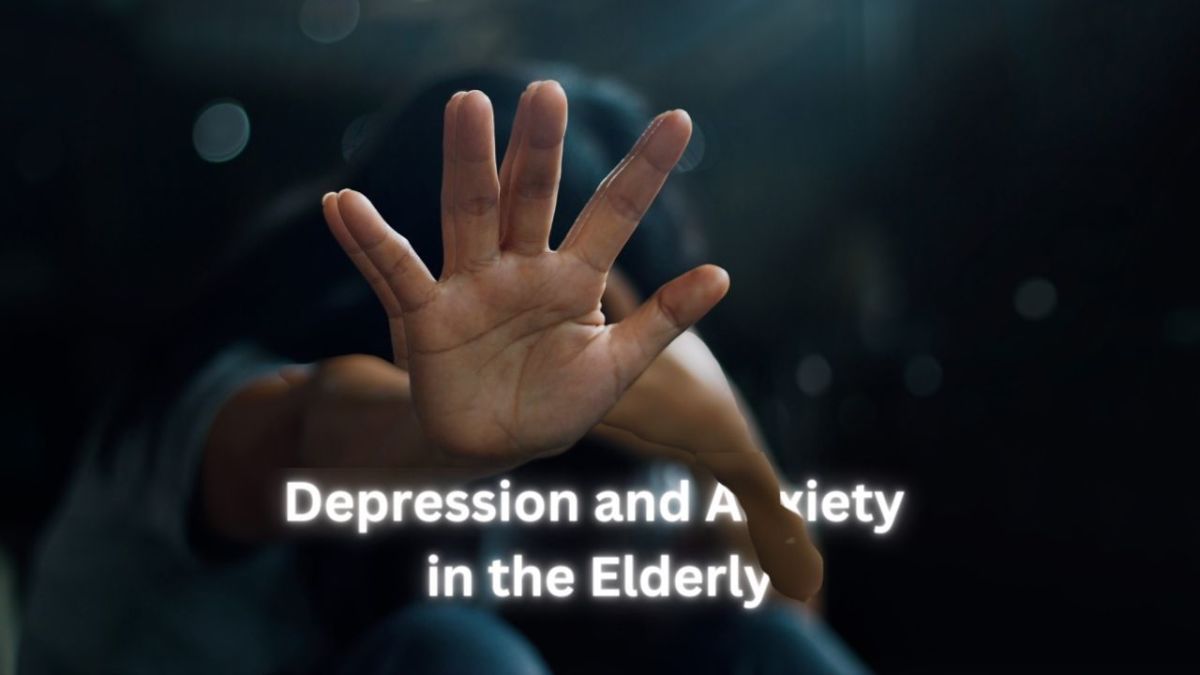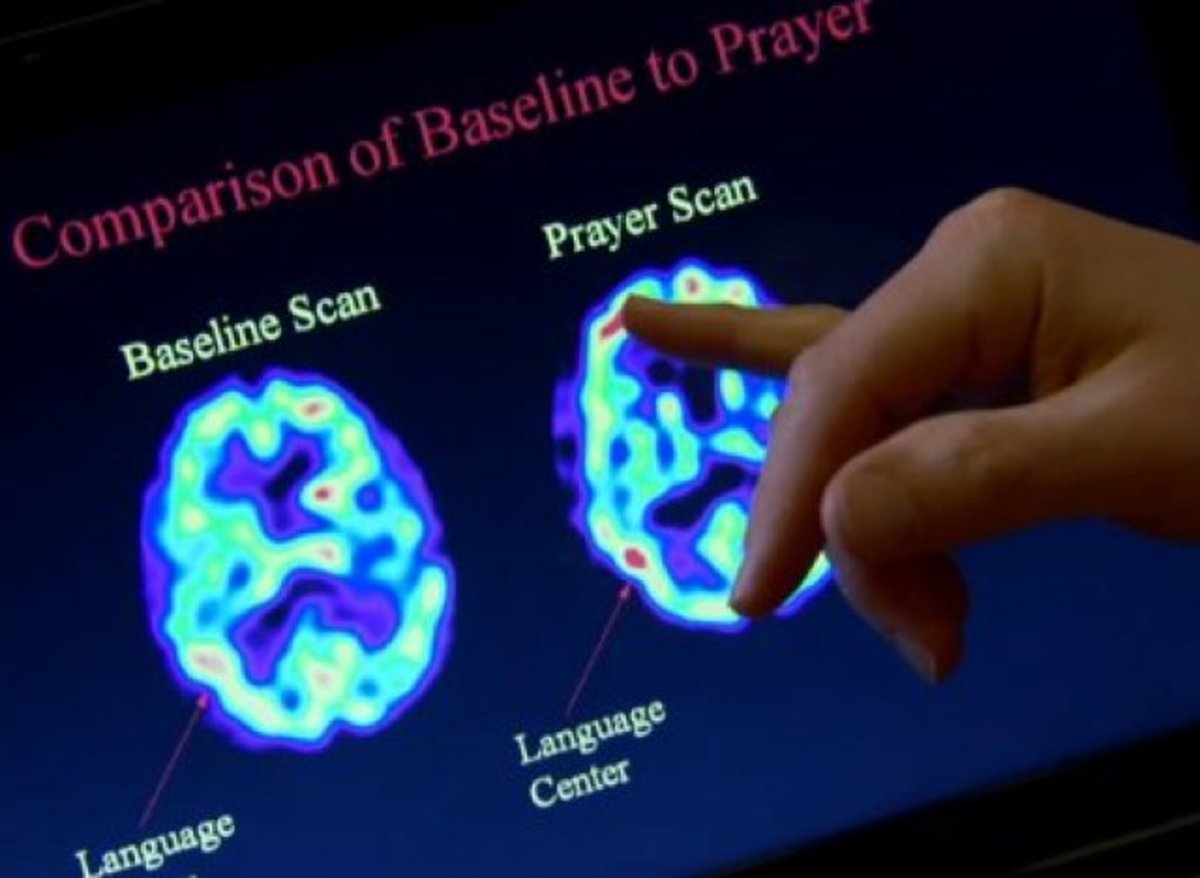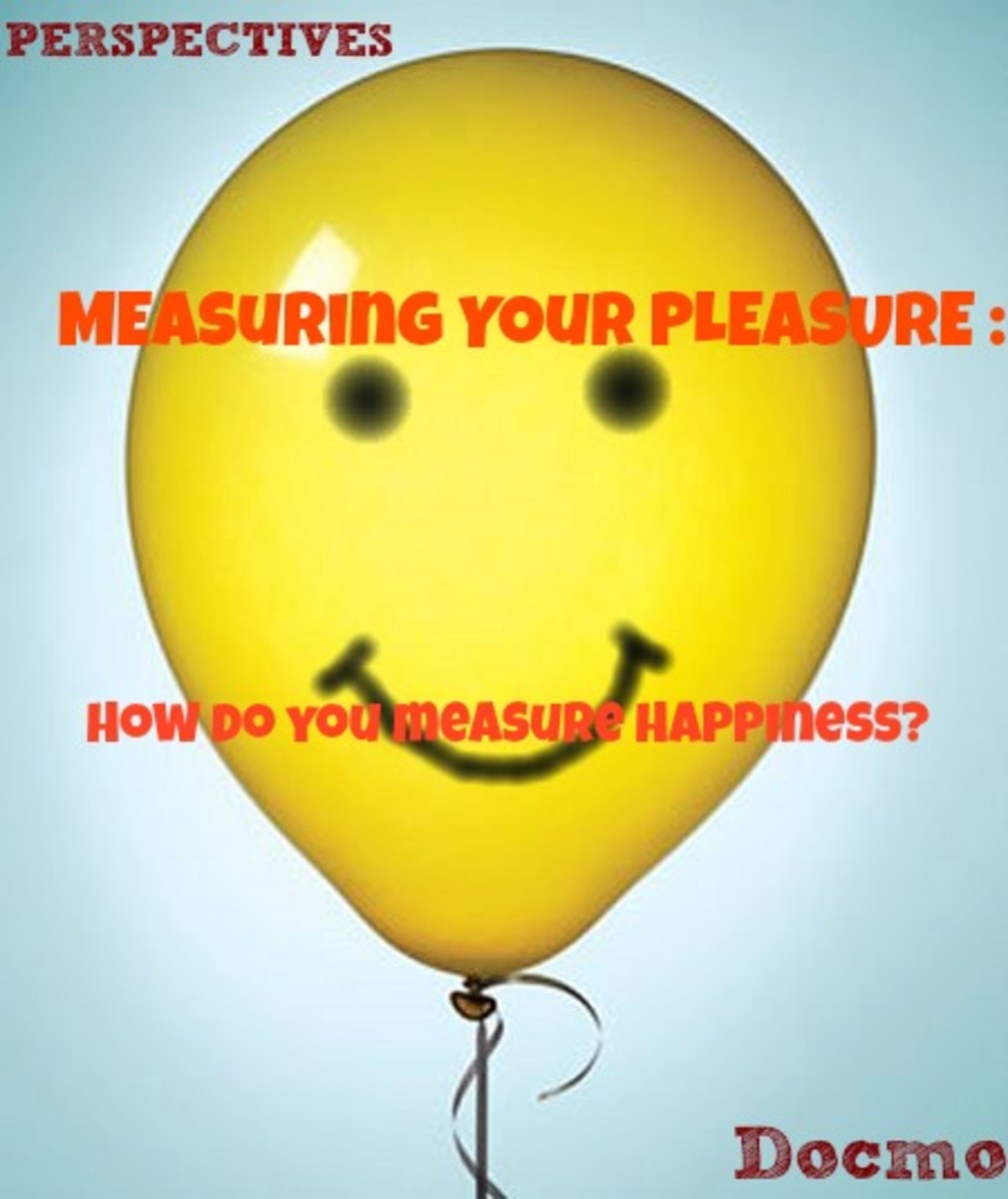Positive Psychology and How It Can Help Us With Depression
The Ugly Side Of Things
What really is depression?
According to the WHO(World Health Organization), depression is a globally recognized mental illness with more than 260 million people worldwide diagnosed with the condition (this number does not include the many people who do not seek professional help when in depression). This mental condition is different from the usual and short-lasting mood changes, or more popular as mood-swings, we experience in our daily lives. Depression can be a very long-lasting condition and can be categorized by severity. When left untreated, it can turn into a very serious health condition haunting us for a very long period. At its worst depression can lead to suicide and is considered a major factor for the large number of suicides every year- almost 800 000 cases annually.
Have you suffered from depression?
Why it happens?
As this condition is very complex, scientist aren't exactly sure what prompts it. There are, however, some reasons for depression to show up in some of us. These may include a tough upbringing and generally trauma, unexpected changes in one's life and many more. There are even some suggestions that depression can be tracked to our genes.
What are some of the most common causes of depression?
Grief: It is very natural for humans to experience depression after the loss of a loved one or a relative. In those periods we are overwhelmed with negative emotions and this very often leads to depression. Even though this cause of depression is common, there are people who manage to get out of that overwhelming situation very rapidly and ultimately avoid the consequences of depression.
Abuse and trauma: Another common trigger to the condition is a difficult upbringing or abuse. This does not exclude trauma that is caused later in life. This can include physical, sexual, emotional abuse.
Genetics: It is known that depression can be observed more often with people with a family history of depression. What scientists agree on is that due to the complexity of the condition, it is more probable that there are many genes which have small effects, rather than one gene that triggers depression on its own.
Biology's relation to depression
Scientists have examined differences in the brains of people more prone to depressive conditions compared to those of people who are more unlikely to suffer from the disease. One part of the brain called hippocampus was noticeably smaller in the people with depressive conditions. The smaller size of this part of the brain is the cause of a smaller number of serotonin receptors. Serotonin, or "the happiness" hormone is essential for us as those who have a lack of it are more prone to mental conditions such as depression. Researches have found the answer to why the hippocampus is smaller in the specific group of people suffering from depression. It is due to another hormone called cortisol. This stress hormone is thought of having a restrictive and shrinking effect on the hippocampus part of the brain. Just like genetics it is very unlikely that there is only one part of the brain responsible for depression and there are many other pathways between parts of the brain that are linked to the condition.
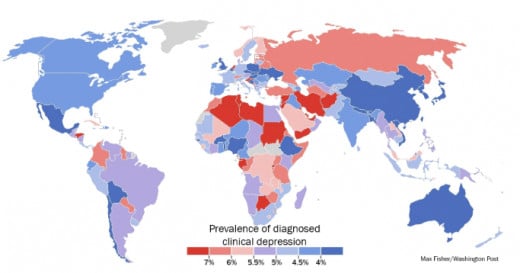
At its worst
Taking this into account it seems impossible for any of us to dismiss the facts and we have to acknowledge that depression is a very serious problem in our society. What's even more worrying is that almost 85% of the people, in low and middle income countries, suffering from the condition DO NOT receive any treatment. According to various resources this can be the result of the lack of resources and/or lack of specialists able to diagnose depression correctly. This is where we can take things into our own hands and focus more on positive thinking and positive psychology.
What is Positive Psychology And How Can It Help?
Surprisingly, there is some misunderstanding of the term positive psychology. Many people associate it with the babbling of life coaches and such telling you to just smile and advance with your daily regime. Positive psychology isn't related to this in the slightest. It is a science in the area of which many experiments are conducted. The goal of positive psychology is to discover what makes our lives enjoyable and ultimately to teach us what we need to do in order to start enjoying our lives.
What are the origins of positive psychology?
Positive psychology is a relatively new branch of psychology and was founded by Martin Seligman. During the 60s and 70s he discovered the theory of learned helpnesness. This theory can be briefly explained by the following experiment: Two dogs are put in two separate rooms. When the first dog tries to go out of the room it gets shocked. When the second dog tries this, it is successful and nothing happens. In the next part of the experiment both dogs are put in identical rooms. The second dog immediately tries to go out of the room and is yet again successful, whereas the first dog stays in one of the corner and doesn't even try to leave the room. Scientists have linked this experiment to people suffering from depression as they too feel a sense of helpnesness. Seligman later discovered learned optimism and focused many of his programs on this theory. He was upset with the current state of psychology as people associated it with finding what's wrong in someone. His goal and what eventually turns into positive psychology is finding what's right with people. Positive psychology has massively grown in popularity after the 2000s.
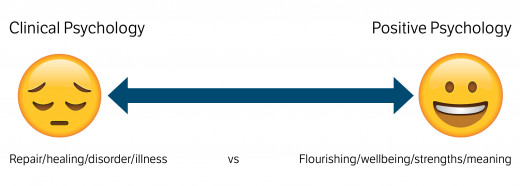
How can positive psychology help us?
Positive psychology teaches us what makes life worth living and more fulfilling. Instead of just trying to help people get out of a depressed state or negative mindset, positive psychology aims to show people a meaning to their life and chase success and well being.
This science teaches people to live in the present, not in the past or the future. This reduces the anxiety and fear of the future or past. It also provokes us to take on new challenges and forget about the invisible barrier which is created by learned helpnesness. According to positive psychology our well being is not the result of luck and is achieved by hard work and meaningfullness.
There are many more benefits to positive psychology and they cannot be listed easily. I will suggest that everyone, struggling with a depressive state, dives into the world of positive psychology as it certainly can improve one's life and alter our mindset to a more positive one.
A quick conclusion
Positive psychology is definitely not easy to apply when someone is in a depressed state or practising a negative mindset. Taking, however, all of the benefits of positive psychology into consideration, just trying to focus less on what we're bad at and more on what we're good at and develop our strengths, we can greatly improve our lives. Positive psychology pushes us to strieve towards a more meaningfull life and shows us that life is not just a series of unfortunate events,that learned helpnesness is something that must be avoided and that we do have control over everything and anything we want to achieve.
An Intruductionary Book To Positive Psychology

This content is accurate and true to the best of the author’s knowledge and is not meant to substitute for formal and individualized advice from a qualified professional.

